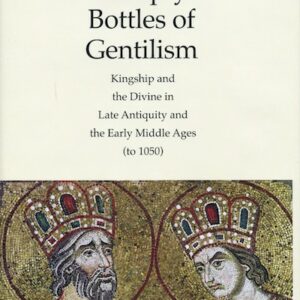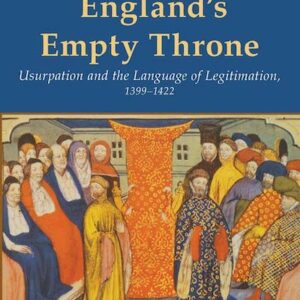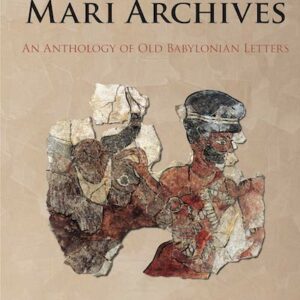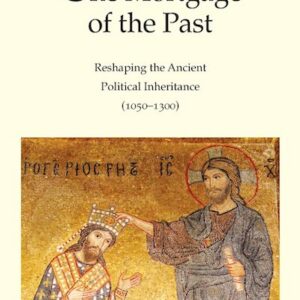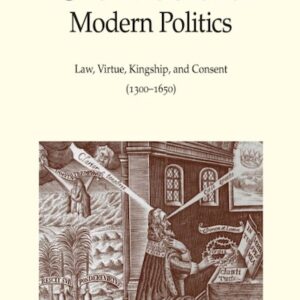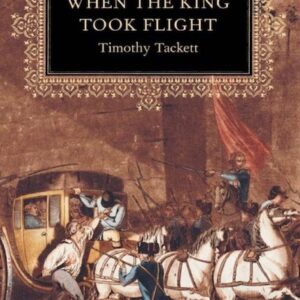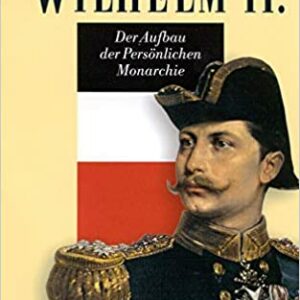
Buddhist Pilgrim-Monks as Agents of Cultural and Artistic Transmission: The International Buddhist Art Style in East Asia, ca. 645-770
By Dorothy C. Wong (NHC Fellow, 2011–12) The period ca. 645-770 marked an extraordinary era in the development of East Asian Buddhism and Buddhist art. Increased contacts between China and regions to both its west and east facilitated exchanges and the circulation of ideas, practices and art forms, giving rise to a synthetic art style … Continued

